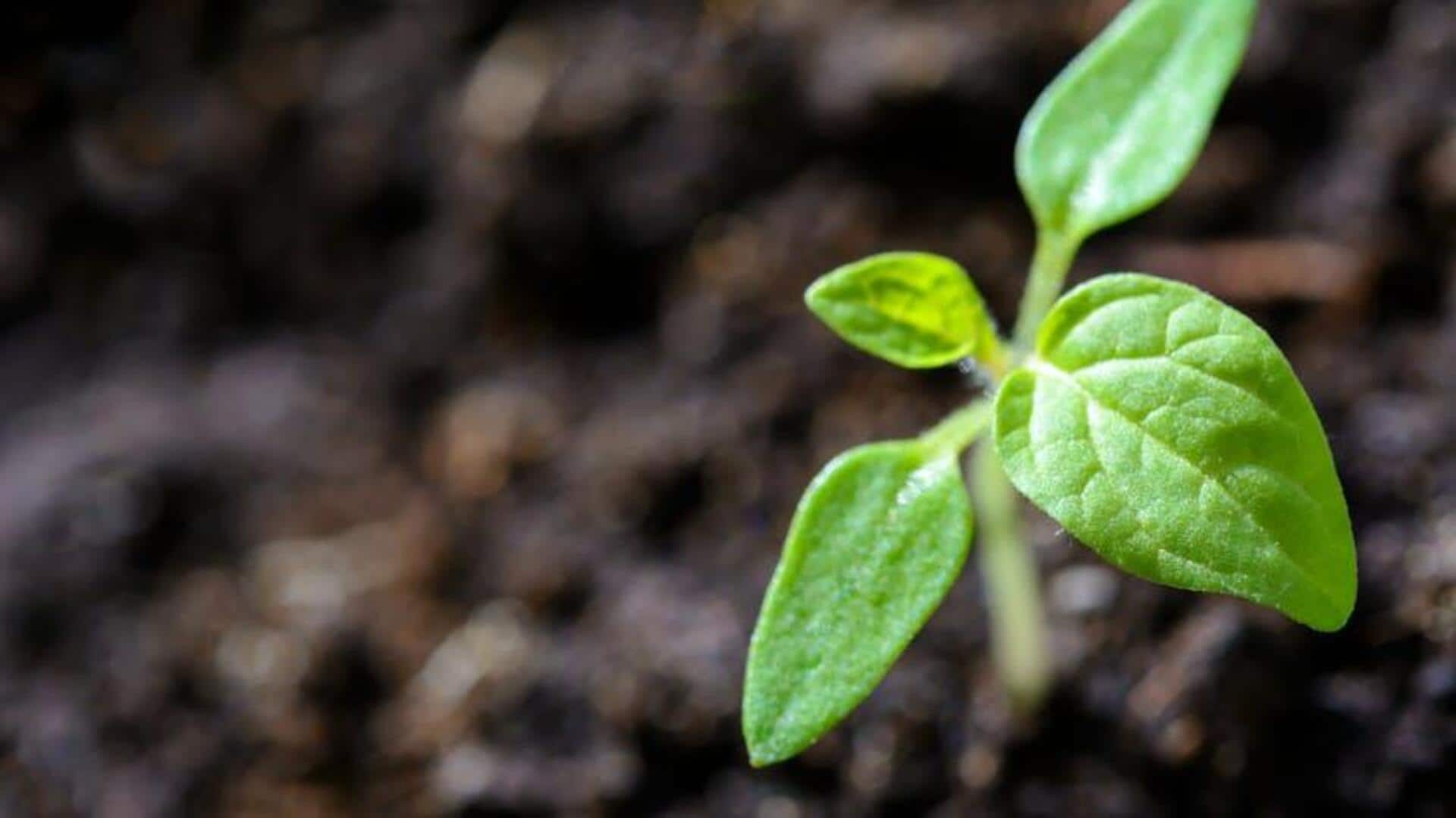
Peppermint oil: The natural fix for garden pests
What's the story
Peppermint oil is making headlines as a natural way of controlling aphids and other bugs in gardens.
Famous for its potent aroma, the peppermint oil acts as a repellent for many insects, making it an attractive substitute for chemical pesticides.
The essential oil is not just easy to use but also eco-friendly, providing gardeners with a sustainable pest management option.
Here's looking at how peppermint oil can be used effectively against common garden pests.
Mechanism
How peppermint oil works
Peppermint oil has compounds such as menthol, which are effective in repelling insects.
The strong aroma of the oil interferes with the sensory receptors of pests. This makes it hard for them to locate plants.
Such interference with their feeding and reproduction abilities makes peppermint oil an efficient tool in pest control strategies.
Usage tips
Application methods
To use peppermint oil against pests, mix a few drops with water and spray directly onto affected plants.
Remember to cover both sides of the leaves for maximum effectiveness.
Reapply every few days or after rain, to keep its potency intact.
This way, you'll keep your plants protected without harming beneficial insects.
Advantages
Benefits over chemical pesticides
Unlike chemical pesticides, peppermint oil also doesn't leave harmful residues on plants or in soil.
It has no risk on human health when used properly and is safe around pets and wildlife.
Moreover, using natural solutions like peppermint oil also supports biodiversity by preserving beneficial insect populations.
Economic aspect
Cost-effectiveness of peppermint oil
Compared to commercial pesticides, peppermint oil can be a more cost-effective solution, especially since they need to be repurchased frequently given their shelf life once opened.
A small bottle of peppermint essential oil can last longer, as only a few drops are required per application, saving money over time while keeping your garden healthy.